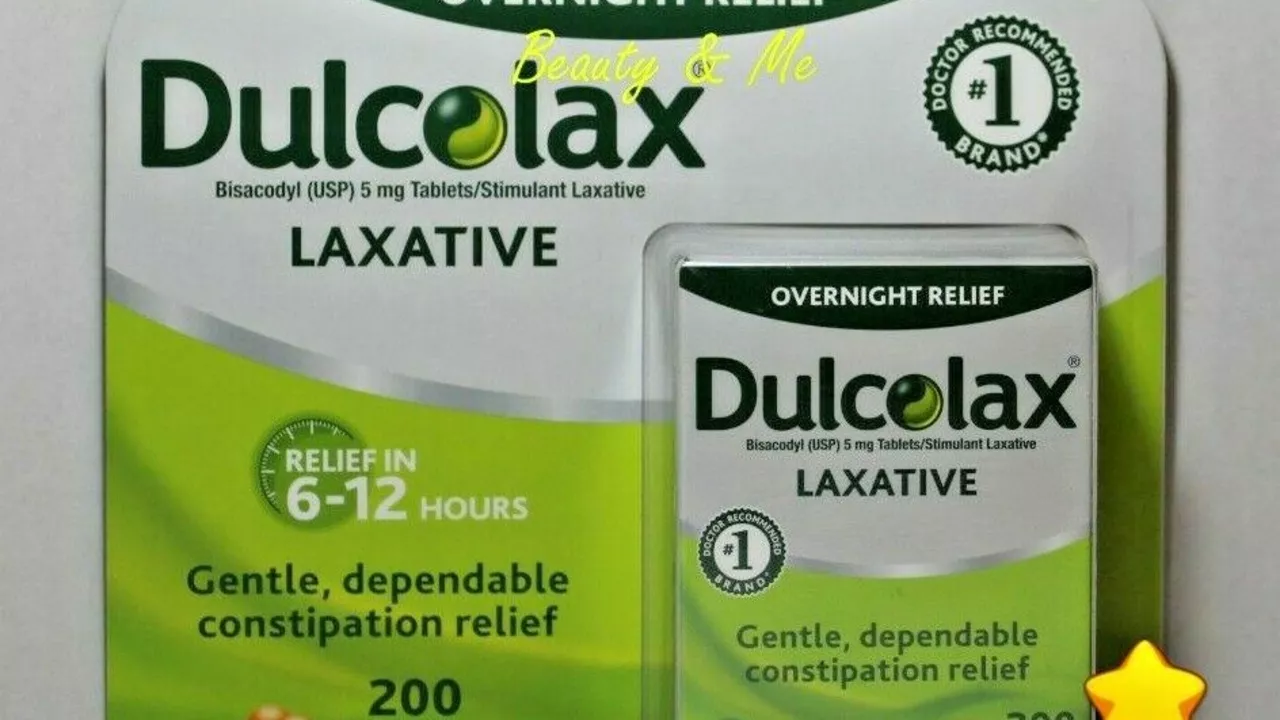Bisacodyl and Functional Constipation — August 2023 Archive
Stuck for a few days and unsure what to try? In August 2023 we focused on bisacodyl - how it works, when to use it, and how to avoid common mistakes. The post breaks down practical steps so you can fix a slow bowel without guessing.
What is bisacodyl? It's a stimulant laxative that makes bowel muscles push harder. Take it when softer measures like extra water, fiber, and a bit more activity don't help. It gives predictable, often quick relief when used right.
How it works and what to expect
Bisacodyl acts on the colon to speed up stool movement. If you take an oral 5-10 mg tablet, expect results in 6-12 hours. A 10 mg suppository usually works faster, often within 15-60 minutes. That timing helps plan: take tablets at night so you can go in the morning; use suppositories when you need faster relief.
Common effects include cramping and looser stools. Mild cramps are normal; strong pain or persistent bleeding is not. If that happens, stop the medicine and get medical help.
Safe use tips from the post
Start with the lowest effective dose. For adults that often means a single 5 mg tablet or one 10 mg suppository as needed. Don't crush or chew enteric-coated tablets - they need to pass to the colon intact. Keep hydrated and add fiber in your daily diet so you rely less on laxatives over time.
Avoid daily long-term use without medical advice. Regular stimulant laxatives can cause dependency and electrolyte changes if used for weeks. If constipation lasts more than two weeks, you should see a healthcare provider instead of self-medicating.
Don't use bisacodyl if you have a blocked bowel, undiagnosed abdominal pain, or recent bowel surgery. Also check with your doctor if you're pregnant, breastfeeding, or taking other medications - some interactions and precautions exist.
Alternatives covered included osmotic laxatives, stool softeners, and lifestyle fixes. Often a combo of fiber, fluids, gentle exercise, and occasional laxative use wins. For chronic issues, a tailored plan with a clinician works best.
Want a quick plan? Try one week of extra water and fiber. If no change, a single dose of bisacodyl can help you reset. If that doesn't work, get checked. Persistent constipation can hide other issues.
The August post aimed to be practical: clear dosing, realistic expectations, and safety warnings. Use bisacodyl as a tool, not a daily crutch. Ask your pharmacist or doctor when in doubt - they can suggest the safest option for your situation.
A couple of extra practical notes: don't mix bisacodyl tablets with antacids, milk, or fruit juice close to the dosing time - some liquids can affect the tablet coating and make it act too soon or irritate the stomach. Keep the tablets dry and store them at room temperature. For kids, only use medicines made for children and follow a pediatrician's advice. If you have regular heart disease or kidney problems, talk to your doctor before using stimulant laxatives - electrolyte shifts can matter. Finally, if you ever see blood, a high fever, or severe stomach pain with constipation, seek care right away.
Stay safe and informed.

